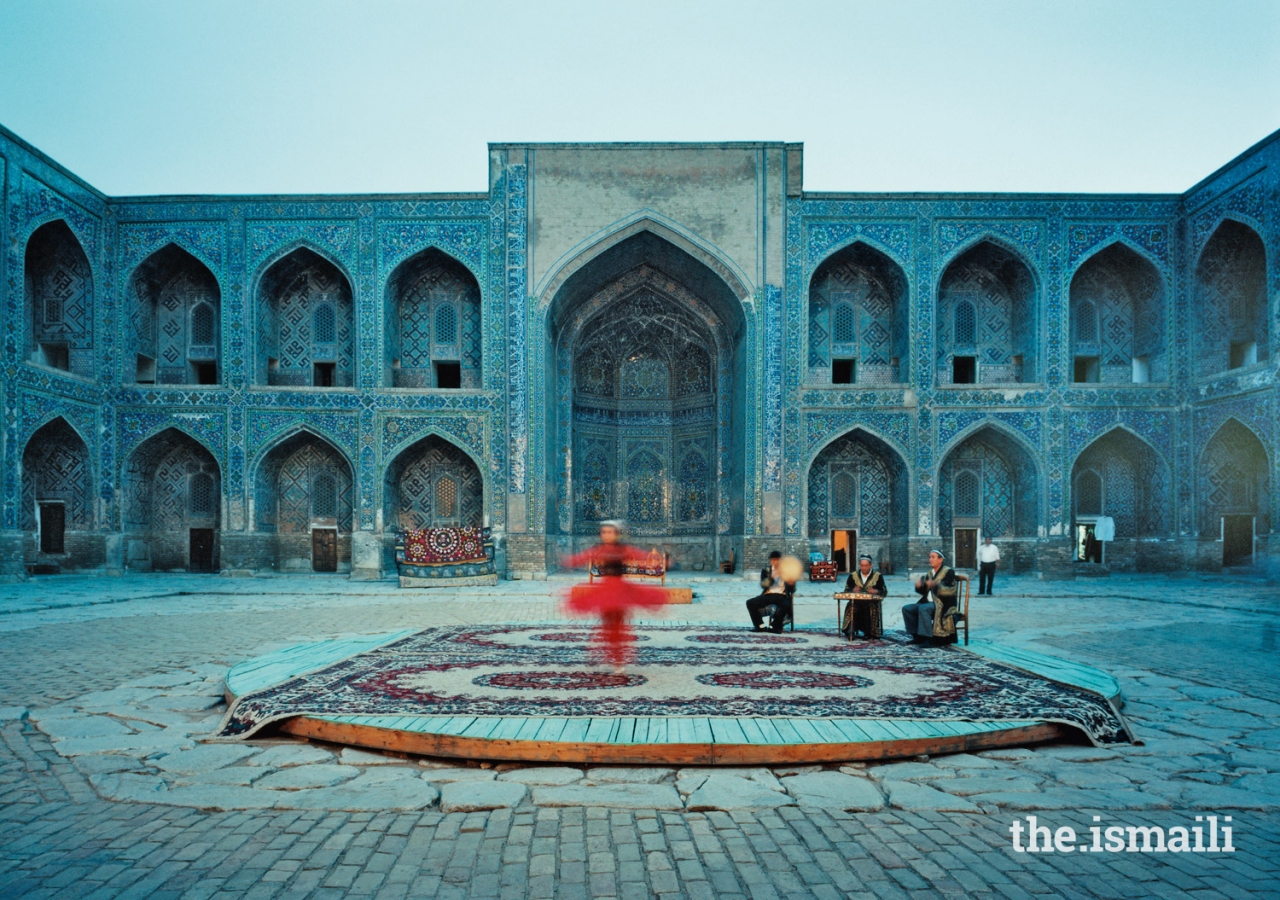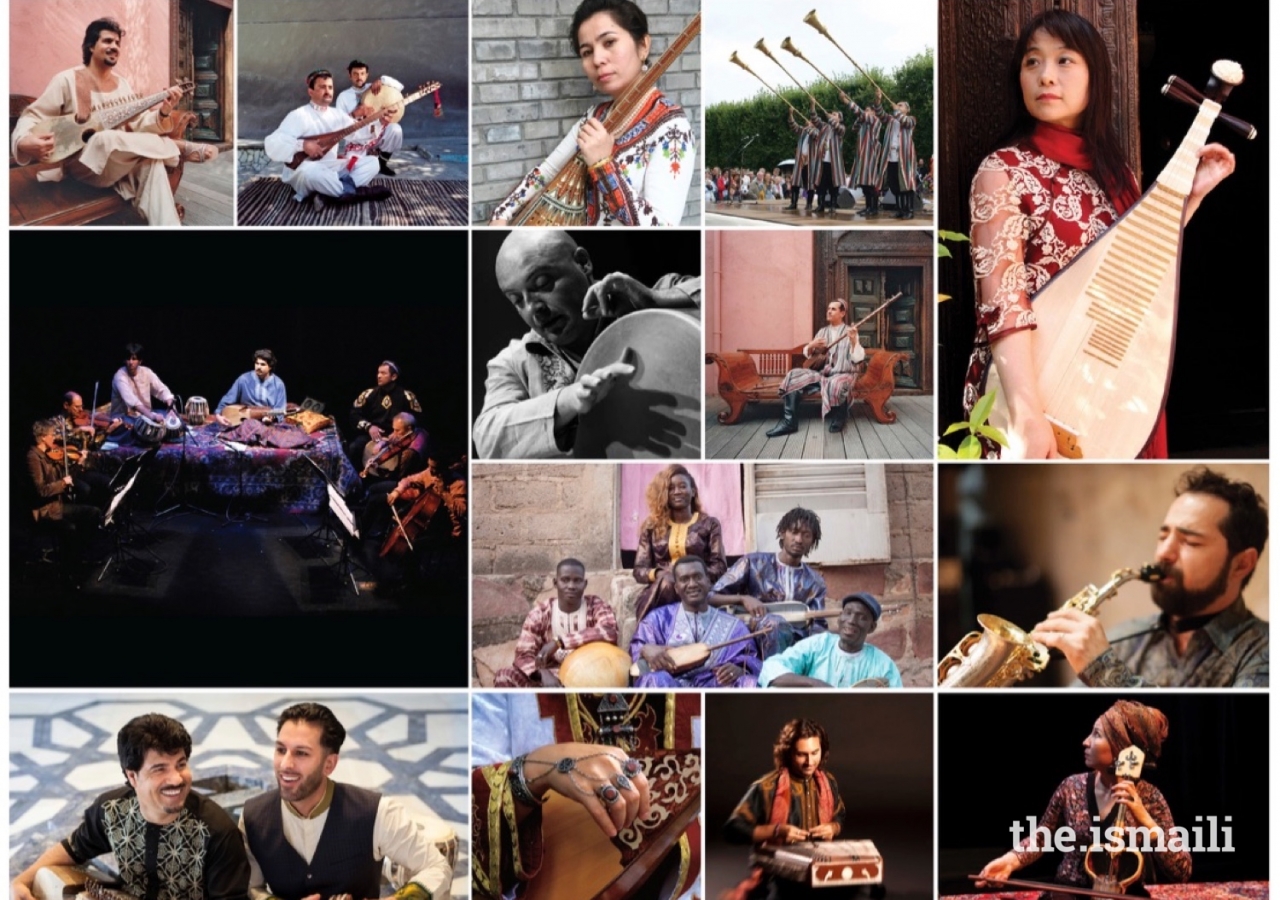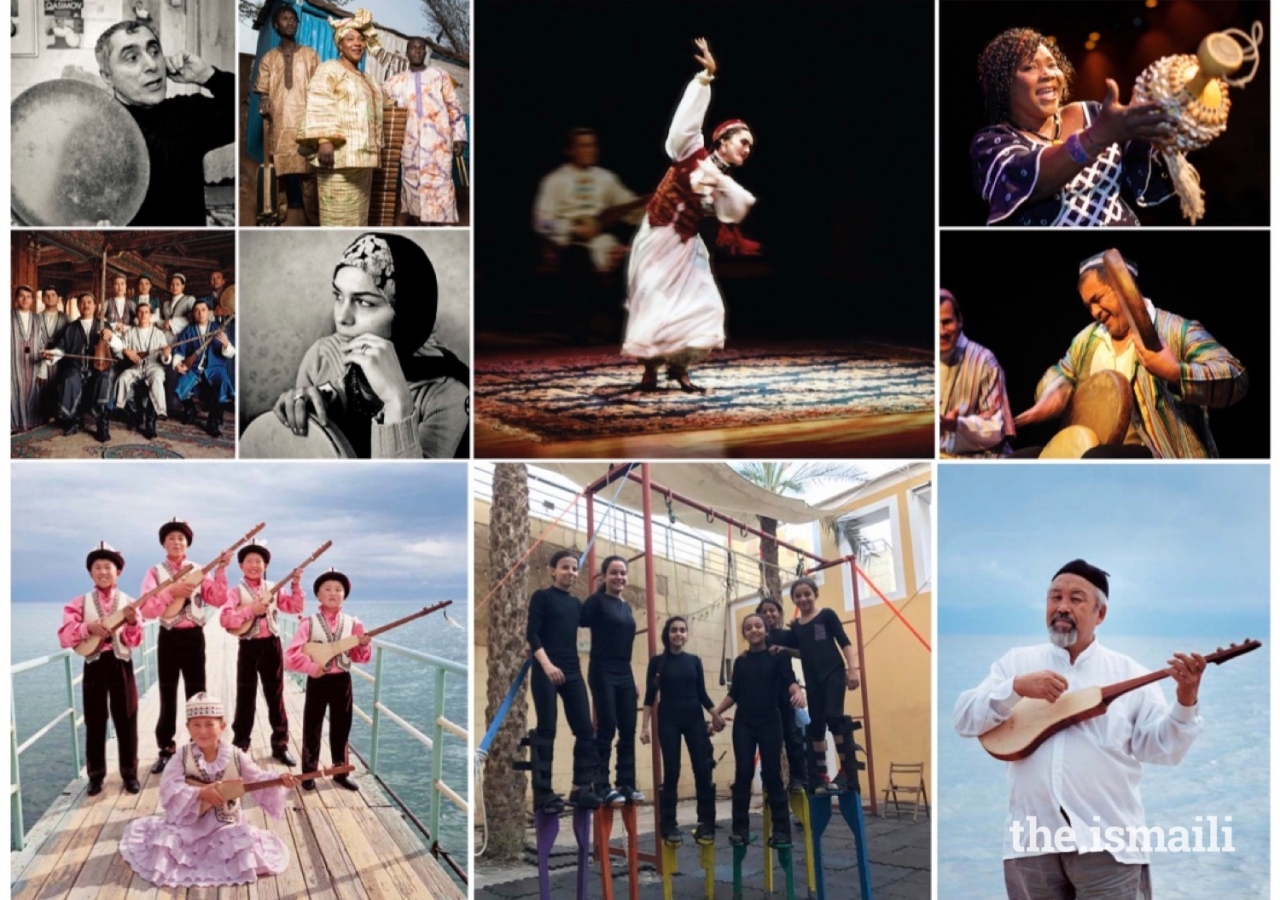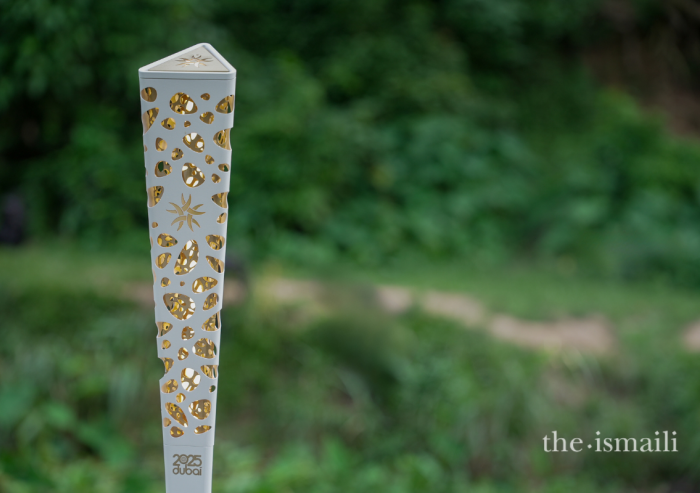Through the Aga Khan Trust for Culture, the Aga Khan Music Initiative (AKMI) works to promote the revitalisation of cultural heritage both as a source of livelihood for musicians and as a means to strengthen pluralism in nations where it is challenged by social, political, and economic constraints.
One of the latest AKMI initiatives was the announcement, made earlier this year, of the establishment of the Aga Khan Music Awards. These awards aspire to do for music what the Aga Khan Award for Architecture has done for the field of architecture in the Muslim world over the last 40 years. The first Aga Khan Music Awards ceremony will take place in Lisbon, Portugal in March 2019.
As part of the announcement, it was stated that the awards will recognise “exceptional creativity, promise and enterprise in music performance, creation, education, preservation and revitalisation in societies across the world in which Muslims have a significant presence.”
“Among the world’s many music awards, none focus on the constellation of devotional music and poetry, of indigenous classical music, traditional folk music, and tradition-inspired contemporary music that has flourished in cultures shaped by Islam.”
The Aga Khan Music Awards will also provide recognition, financial support, and further professional development opportunities to award winners, thus providing rare, and much needed economic stimulus for musicians to continue in their chosen profession.
At the White House Conference on Culture and Diplomacy in 2000, Mawlana Hazar Imam alluded to the need to provide financial support to sustain artistic and cultural development. He said, “The reality in the countries of Asia and Africa is that the material resources required to sustain cultural activities are either not available because of higher priorities, or because there are no incentives to support culture… It is my dream that private individuals and organisations will come to the support of culture, as has been the case for centuries in the industrialised world.”
AKMI was launched that same year by Hazar Imam to provide such support to talented musicians and music educators working to preserve, transmit, and further develop their musical heritage in contemporary forms. Now, 18 years later, AKMI has become an interregional music and arts education programme with worldwide performance, outreach, mentoring and artistic production activities.
Through its work, the Initiative strives to support exceptional artistic talent; promote the revival of historical connections among artists from Central Asia, South Asia, the Middle East and North Africa by organising creative collaborations amongst artistic communities from these regions; and disseminate the results of this work through a global network of partnerships with educational institutions, arts presenters, and music distributors.
Its projects have included the publication of a comprehensive textbook, The Music of Central Asia (Indiana University Press, 2016), a 10-volume CD-DVD anthology, Music of Central Asia, co-produced with Smithsonian Folkways Recordings, a worldwide performance and outreach programme that nurtures ‘East-East’ as well as ‘East-West’ musical collaborations, and a network of music schools and centres that develop innovative music curricula and curriculum materials in the Music Initiative’s regions of activity.
Musicians in the Music Initiative’s artist roster participate in diverse performances that range from concerts of traditional repertory to contemporary expressions of tradition-based art, to interregional collaborations that feature talented artists from different countries in the Music Initiative’s regions of activity.
Over the course of the past year, Master Musicians of the Aga Khan Music Initiative have been touring the world, presenting performances to honour the Diamond Jubilee of Mawlana Hazar Imam, concluding on 11 July 2018, with a concert hosted by the Calouste Gulbenkian Foundation in Lisbon, Portugal.
Education is at the centre of the Music Initiative’s work. The Initiative focuses on developing and testing newly created teaching and learning methodologies, setting up teacher-training mechanisms, operating talent-support centres, and presenting performance and artist-in-residence programmes that provide students an opportunity to experience the creative challenges of intercultural music-making. Residencies and workshops featuring musicians from the Music Initiative’s artist roster have been presented at many academic and cultural institutions throughout North America and Europe.
As a programme of the Aga Khan Trust for Culture, the Music Initiative mobilises the resources of the AKDN to support vibrant interlinked artistic communities devoted to creating new music rooted in but not constrained by tradition while also building audiences for such music through arts education on a mass scale.
At the Spirit and Life exhibition in the UK in 2007, Mawlana Hazar Imam said, “At a time when the forces of exclusion, alienation, and separation can often seem so threatening in our world, I am convinced that our ability to honour authentic symbols of pride and identity — and to share their beauty and their power with one another — can be a tremendous force for good.”
As with other arts and forms of cultural preservation, the Aga Khan Music Initiative helps provide a sense of cultural pride, bridge gaps of understanding, and encourage pluralism, both within and outside the Muslim world.










